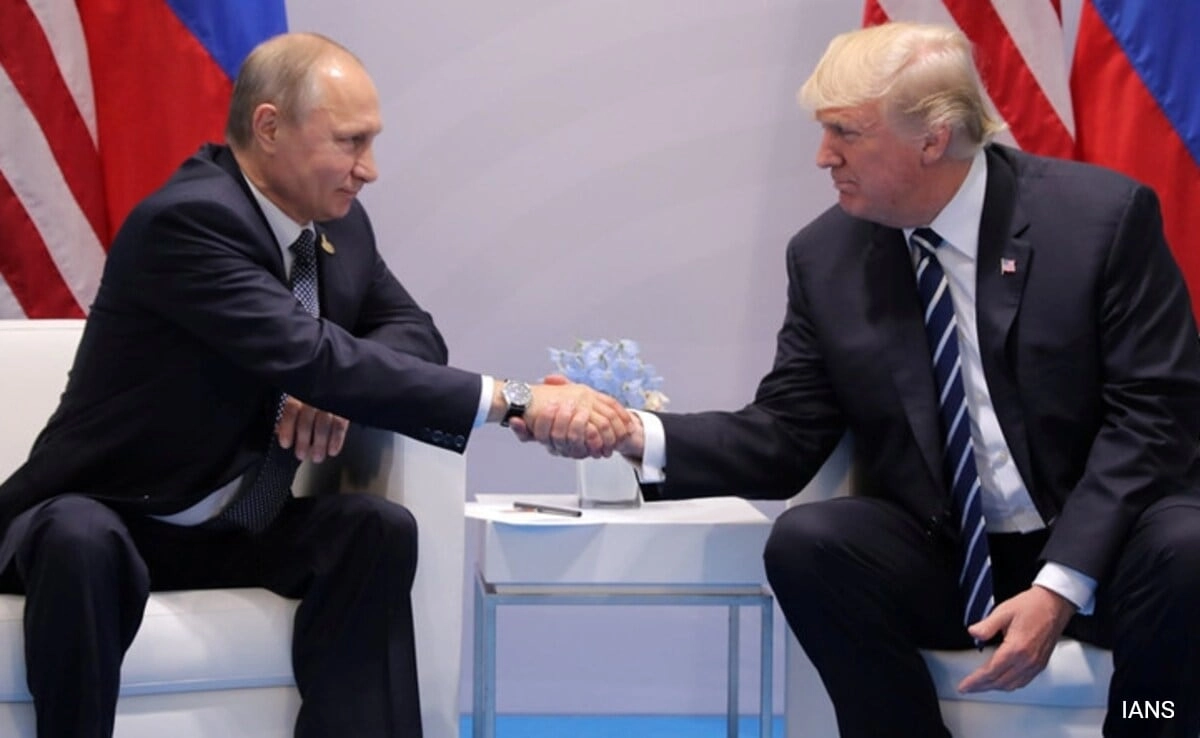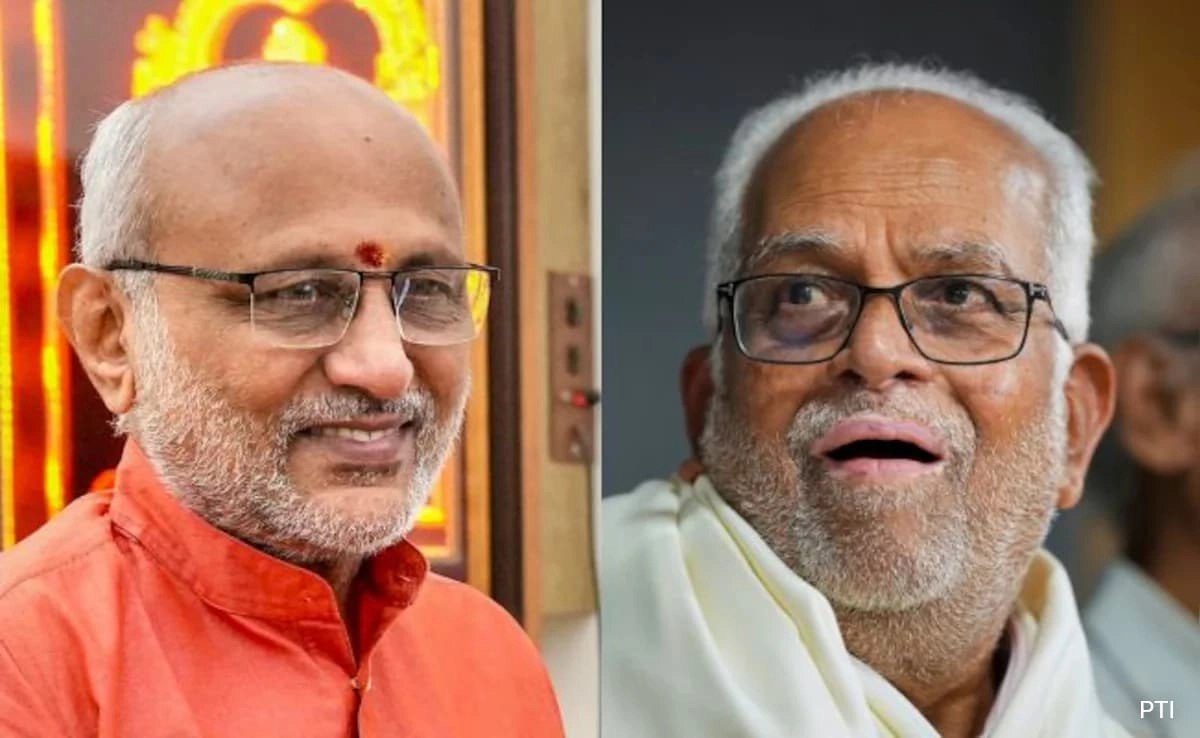In a recent political rally, Prime Minister Narendra Modi made a poignant statement regarding his late mother, asserting that she had been subject to abuse on the platforms of the Rashtriya Janata Dal (RJD) and the Indian National Congress. This declaration not only highlights the deeply personal nature of political discourse but also reflects the broader tensions between the ruling Bharatiya Janata Party (BJP) and its opposition. Modi’s comments seem to serve as a rallying cry for his supporters, emphasizing that personal attacks on leaders can extend beyond political rivalry and touch upon familial and emotional aspects of their lives.
The Prime Minister’s remarks were likely intended to evoke sympathy and bolster his argument against the RJD and Congress, framing them as parties that engage in derogatory and disrespectful behavior. By invoking the memory of his mother, Modi sought to humanize his political narrative, illustrating how he perceives attacks on him not just as political opposition but as assaults on his family’s dignity. This strategy aligns with a growing trend in contemporary politics where leaders draw upon personal stories and experiences to connect with their constituents and elicit emotional responses.
Furthermore, this incident underscores the contentious atmosphere of Indian politics, where personal and political lines often blur. The use of familial references can be a double-edged sword; while it may galvanize support, it also risks inviting further scrutiny and criticism from opponents. As Modi navigates the challenges of governance and electoral strategy, such emotional appeals may become increasingly prevalent, reflecting not only his personal history but also the broader narrative of struggle and resilience that many voters can relate to. The implications of these statements extend beyond the immediate political arena, as they contribute to the ongoing discourse about respect, dignity, and the nature of political engagement in India.




